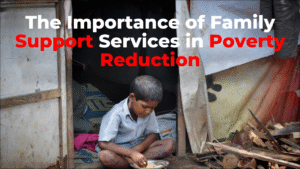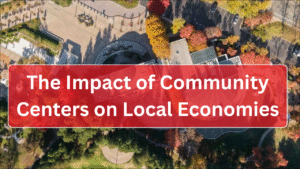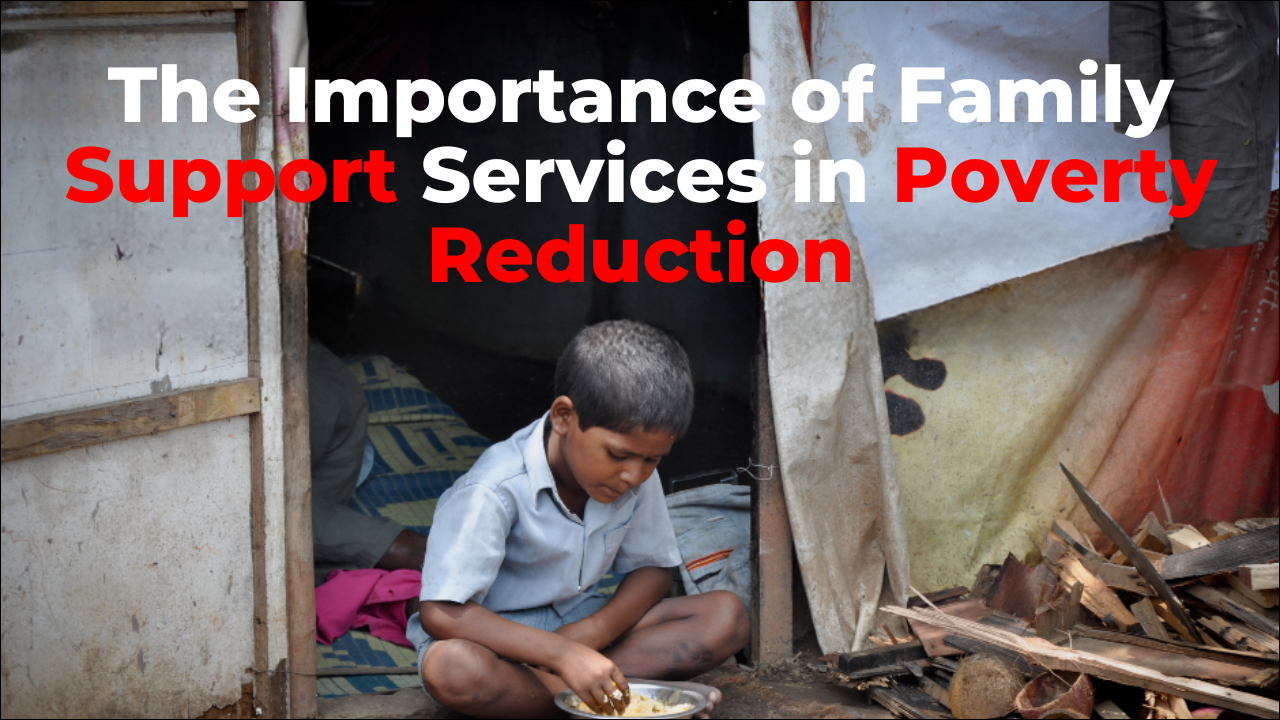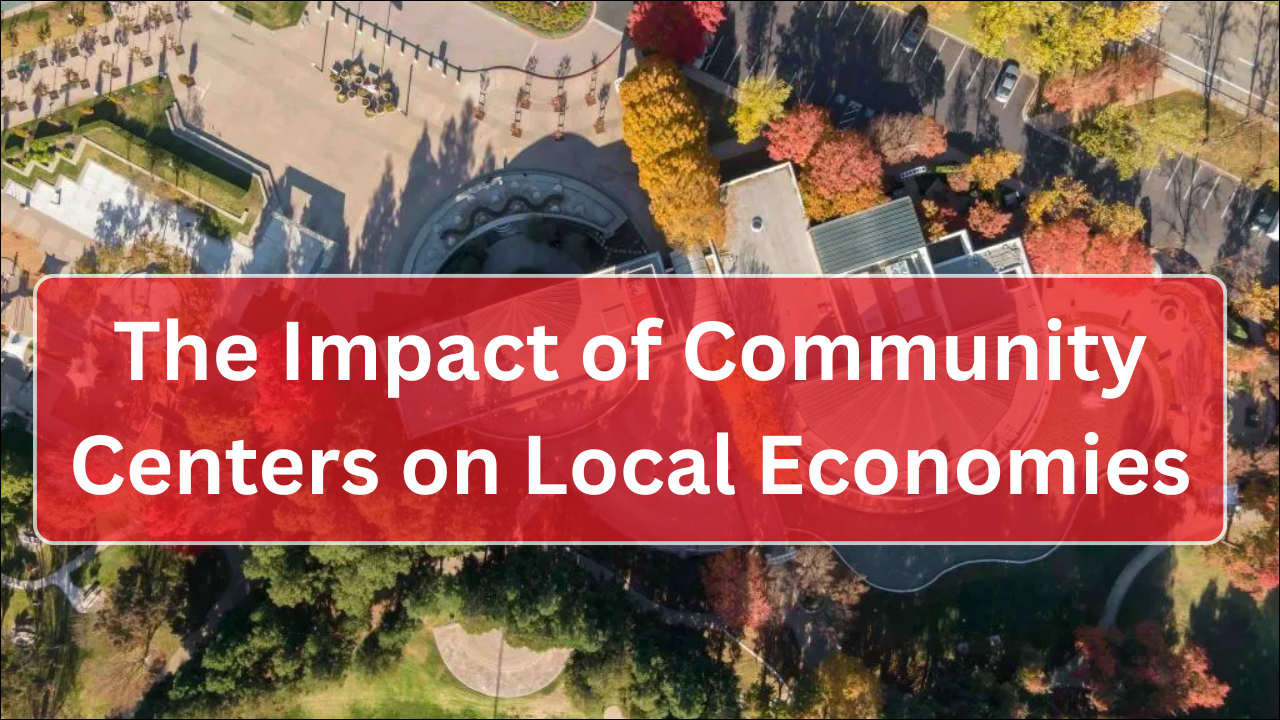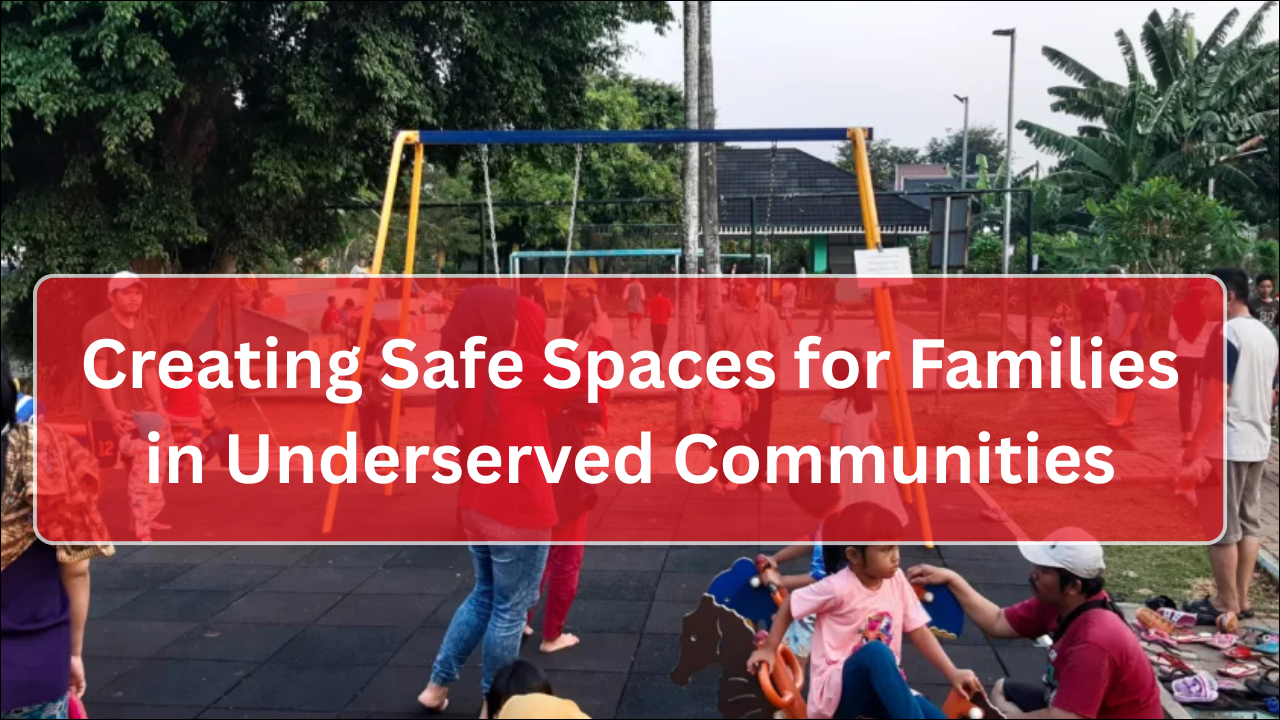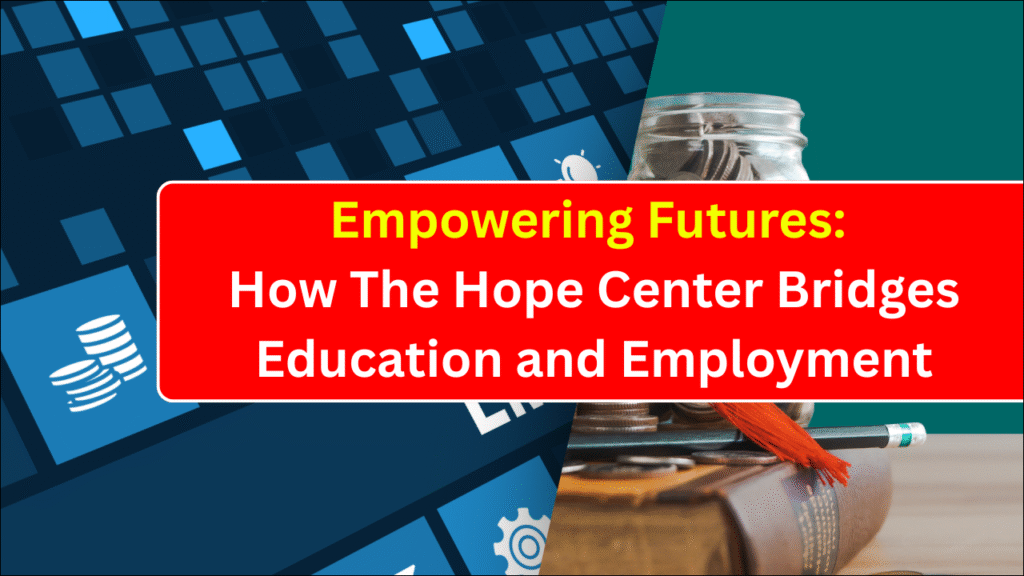
Education often creates the foundation for success, but many individuals struggle to translate learning into stable employment. The Hope Center stands as a transformative institution that addresses this critical gap between academic achievement and job readiness. Through focused programs, mentorship, and partnerships with industries, the center nurtures individuals to become confident professionals. The Hope Center’s efforts do not stop at offering skill-based education; they also aim to build character, leadership, and community empowerment. A closer look at its initiatives reveals how education and employment can be harmoniously connected to create long-term social and economic impact.
Table of Contents
Vision and Mission of The Hope Center
- Vision: The Hope Center envisions a society where every learner has the opportunity to develop the skills and confidence necessary for meaningful employment and self-sufficiency.
- Mission: The center’s mission focuses on creating inclusive education programs, fostering employability skills, and connecting learners with industries that value talent and potential over privilege.
Core Objectives
- Skill Development: The Hope Center designs programs that equip individuals with both technical and soft skills.
- Career Readiness: Training sessions help participants understand workplace expectations and professionalism.
- Community Upliftment: Local engagement ensures that opportunities reach underserved communities.
- Industry Collaboration: Partnerships with employers enhance placement opportunities.
- Lifelong Learning: Continuous learning models encourage individuals to adapt to changing job markets.
Educational Programs at The Hope Center
Education at The Hope Center combines classroom learning with practical experience. Every program integrates real-world relevance to ensure learners are fully prepared for the employment landscape.
- Vocational Training: Programs cover trades such as healthcare assistance, digital marketing, culinary arts, and construction management.
- Technology Education: Learners receive training in computer literacy, coding, graphic design, and data management.
- Entrepreneurship Courses: Business management and start-up development sessions support self-employment.
- Soft Skills Workshops: Communication, teamwork, and problem-solving are emphasized for personal and professional growth.
- Financial Literacy Programs: Participants learn budgeting, saving, and financial planning to sustain future stability.
Overview of Key Educational Programs
| Program Name | Focus Area | Target Group | Outcome |
|---|---|---|---|
| Vocational Training | Skill-based professions | Youth and adults | Employment readiness in practical fields |
| Technology Education | IT and digital learning | Students and job seekers | Enhanced digital competency |
| Entrepreneurship Courses | Small business creation | Aspiring entrepreneurs | Self-employment and leadership |
| Soft Skills Workshops | Communication & teamwork | All participants | Improved workplace confidence |
| Financial Literacy | Money management | Community members | Long-term economic independence |
Bridging the Gap Between Education and Employment
The Hope Center bridges the educational and professional divide through its innovative transition model. This model integrates training, mentorship, and career placement in a stepwise approach.
- Career Counseling: Personalized sessions help individuals identify their strengths and career interests.
- Apprenticeships: Learners gain firsthand exposure to real work environments.
- Resume and Interview Training: Workshops ensure participants are prepared for recruitment challenges.
- Job Placement Assistance: The center’s employment desk connects participants to verified job openings.
- Post-Placement Support: Follow-up programs monitor career progress and provide ongoing guidance.
Steps in The Hope Center’s Employment Transition Model
| Stage | Description | Expected Benefit |
|---|---|---|
| Orientation | Introduction to available programs | Awareness and informed decision-making |
| Training | Technical and professional development | Skill acquisition and confidence |
| Internship | On-the-job learning experience | Practical understanding of industries |
| Placement | Support in finding suitable employment | Job security and income generation |
| Mentorship | Continued career support | Sustainable career growth |
Industry Collaboration and Partnerships
Partnerships with businesses, universities, and nonprofit organizations are at the heart of The Hope Center’s success. Collaboration ensures that learning outcomes match the dynamic needs of employers.
- Corporate Tie-ups: Leading firms offer internships, guest lectures, and recruitment drives.
- University Linkages: Academic institutions contribute curriculum support and certification.
- Government Cooperation: Local agencies assist with funding, community outreach, and social inclusion programs.
- Nonprofit Partnerships: NGOs collaborate to expand opportunities for marginalized groups.
- Employer Feedback: Regular assessments from partner companies help refine training modules.
Empowerment Through Inclusive Education
Education at The Hope Center embraces inclusivity, ensuring no one is left behind due to background, gender, or financial limitations.
- Scholarships: Financial aid is provided for deserving learners.
- Women’s Empowerment Programs: Special training modules support women’s participation in technical fields.
- Disability Support: Assistive technologies and accessible classrooms enable participation for individuals with disabilities.
- Minority and Rural Outreach: Mobile learning units take education to remote communities.
- Language Support: Bilingual courses help non-native speakers grasp technical subjects easily.
Impact on the Community
The Hope Center’s work extends beyond individual benefit. It strengthens local economies, encourages entrepreneurship, and reduces unemployment rates.
- Economic Upliftment: Trained individuals contribute to local productivity.
- Reduced Poverty: Employment opportunities lead to financial stability.
- Gender Equality: Women’s training initiatives narrow the employment gap.
- Community Engagement: Graduates often return as mentors, promoting a cycle of growth.
- Social Awareness: Educational campaigns spread knowledge about sustainable livelihoods.
Community Impact Summary
| Focus Area | Positive Outcome | Long-Term Effect |
|---|---|---|
| Economic Growth | Increased employment rates | Stronger local economy |
| Education | Higher literacy and skill levels | Sustainable development |
| Gender Inclusion | Equal opportunities for women | Balanced workforce |
| Rural Development | Opportunities in remote regions | Reduced migration to cities |
| Social Awareness | Knowledge sharing and mentorship | Empowered and united community |
Mentorship and Lifelong Learning Opportunities
Mentorship remains a defining feature of The Hope Center’s approach. Experienced professionals guide learners through challenges and help them develop strong career pathways.
- Career Mentors: Industry experts provide insights on professional behavior and job progression.
- Peer Learning: Group sessions encourage sharing of experiences and solutions.
- Online Learning Modules: Digital platforms extend access to continuous education.
- Alumni Network: Graduates stay connected to exchange knowledge and opportunities.
- Personal Development Sessions: Emotional intelligence and leadership qualities are developed alongside technical skills.
Role of Technology in Empowering Learners
Technology acts as a vital bridge between theory and practice within The Hope Center’s framework.
- Virtual Classrooms: Online sessions provide flexible learning schedules.
- Digital Resource Library: Learners access study materials and recorded lectures.
- E-Assessment Tools: Automated systems measure learning outcomes efficiently.
- Job Portals: Digital platforms link trainees with employers.
- Data Analytics: Tracking progress helps improve teaching methods and learner results.
Challenges and Future Directions
While The Hope Center has achieved significant success, it continues to evolve in response to emerging challenges.
- Funding Constraints: Expanding infrastructure requires continuous financial support.
- Technology Access: Some learners still face digital divide issues.
- Rapid Industry Changes: Regular updates are necessary to keep programs relevant.
- Scalability: Replicating success across new regions needs structured planning.
- Sustainability: Continuous community participation ensures long-term results.
Challenges and Strategic Responses
| Challenge | Proposed Solution | Expected Outcome |
|---|---|---|
| Limited Funding | Strengthen public-private partnerships | Improved resource availability |
| Digital Divide | Provide affordable devices and internet access | Increased participation |
| Curriculum Relevance | Annual review with industry experts | Up-to-date training |
| Regional Expansion | Develop local training hubs | Wider reach |
| Long-Term Engagement | Create alumni-led community programs | Sustainable growth |
Achievements and Recognition
The Hope Center has gained acknowledgment for its innovative approach to education and employment integration.
- Awards for Innovation: Recognition for excellence in vocational training.
- High Placement Rate: Over 80% of trainees successfully placed within six months.
- Women Empowerment Awards: Honored for promoting gender equality in technical education.
- Community Leadership Recognition: Acknowledged for rural development and social inclusion.
- Global Collaboration: Partnerships with international organizations for cross-border knowledge sharing.
Summing Up
The Hope Center stands as a symbol of transformation, proving that education and employment can work together to create meaningful change. Its inclusive programs, skilled trainers, and community partnerships have built a pathway from learning to livelihood. Every graduate becomes a story of empowerment, showing that with guidance and opportunity, potential can flourish. The Hope Center’s approach demonstrates that sustainable development begins with educated individuals who are ready to contribute, lead, and inspire others. By connecting classrooms to careers, it continues to empower futures and strengthen communities for generations to come.

